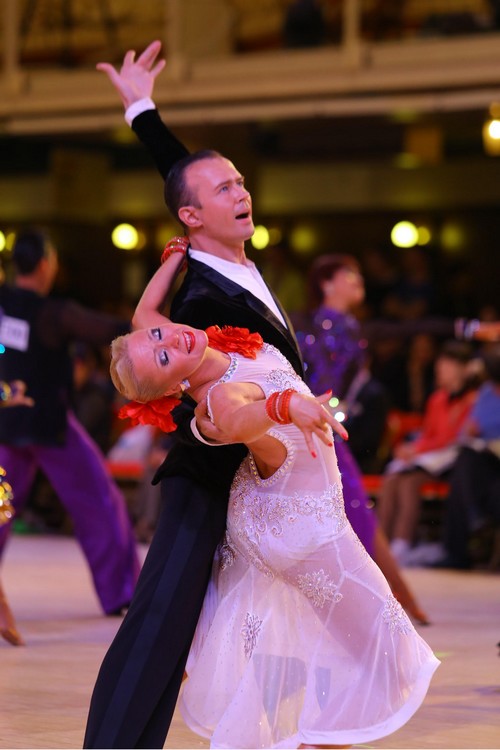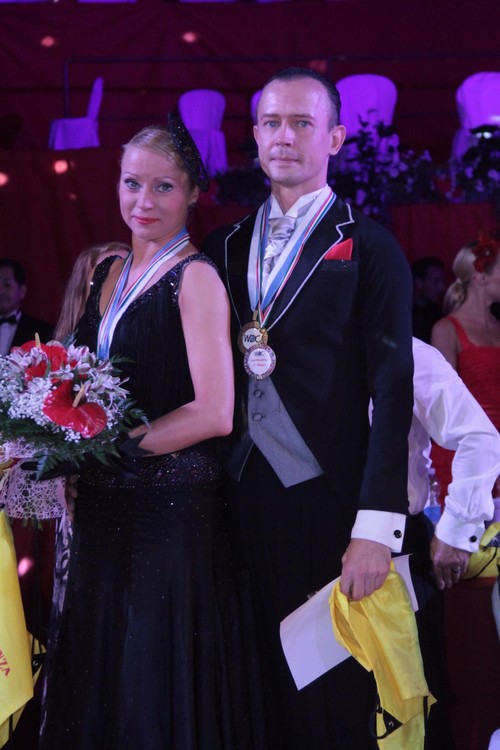

| C H R I S T I A N | R E L A T I O N S H I P | L E A D E R S H I P | B A L L R O O M |
| SERVICE IN LEADERSHIP | |||
| PAVEL & SVETLANA | |||
| TIMOTHY MASON | |||
Whatever age or career you find yourself or want to work towards, I believe this article will touch your heart, help you reflect on your life, and challenge you to a brighter tomorrow. Pavel Cherdantsau (44) and Svetlana Rudkovskaya (45) (husband and wife) are my current ballroom technique trainers in Jacksonville, Florida, USA. I first met them about 20 years ago and have watched them persevere through many personal and professional challenges. There’s a lot to tell and I want you to hear it first-hand. Below is their interview:
We were born and grew up in Minsk, Belarus. Pavel’s father was in the military and his mother was a dentist. These were tough economical times for the entire country. Svetlana’s father was an engineer and her mother was an accountant. While competing in our youth, we traveled to Russia, Ukraine, Poland, Germany, and Denmark. After our university studies and obtaining our degrees in ballroom dancing, we moved to South Korea in 2001 to work as dancers, performing on television with singers. We moved to the United States in 2003 to teach and compete. With hard practice and determination, we became three times U.S. Ballroom Showdance Champions and three times World Finalists before retiring from international competitive dancing in 2018.
In our early years, we had to dance in street shoes. Regular fabric was used for dance clothes. Sequins were made from old camera film then stitched to the costume. We were doing what we really loved and did not think about it as a sacrifice. It was normal for us to have empty refrigerators, as our parents sometimes worked with no pay for six months. A piece of bread could be supper on the way to dance school. We often had two to three part-time jobs daily and with school or dance lessons, sleep varied from three to six hours a day. Public transportation was the bus or train. One car per family was a luxury. Not every family had a phone. We first owned a cell phone a year after arriving in the United States in 2003. If we could afford advanced dance training in Belarus, we did not have easy access to expert instructors. |
 |
Copyright © Martha A. Harper |

